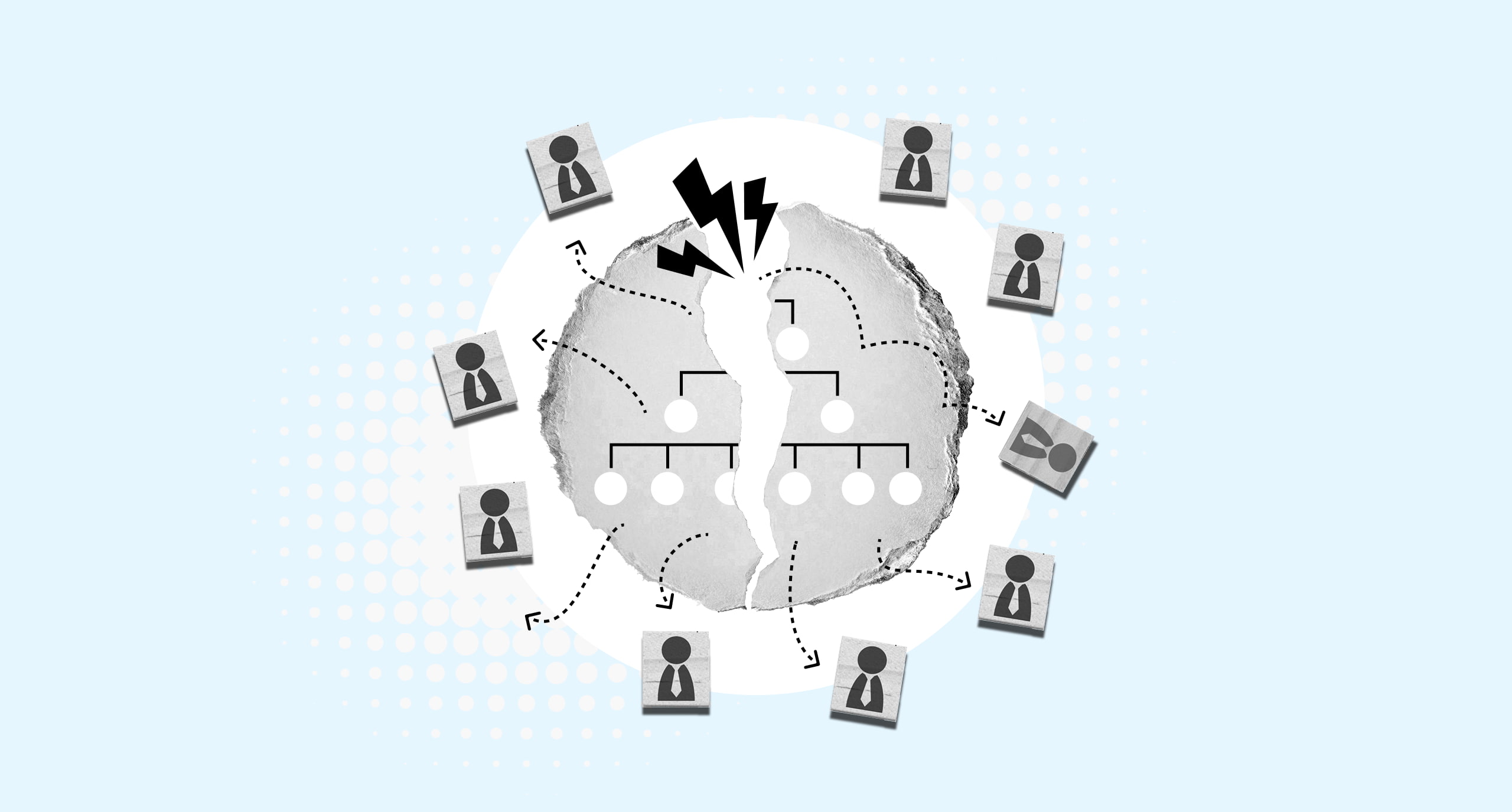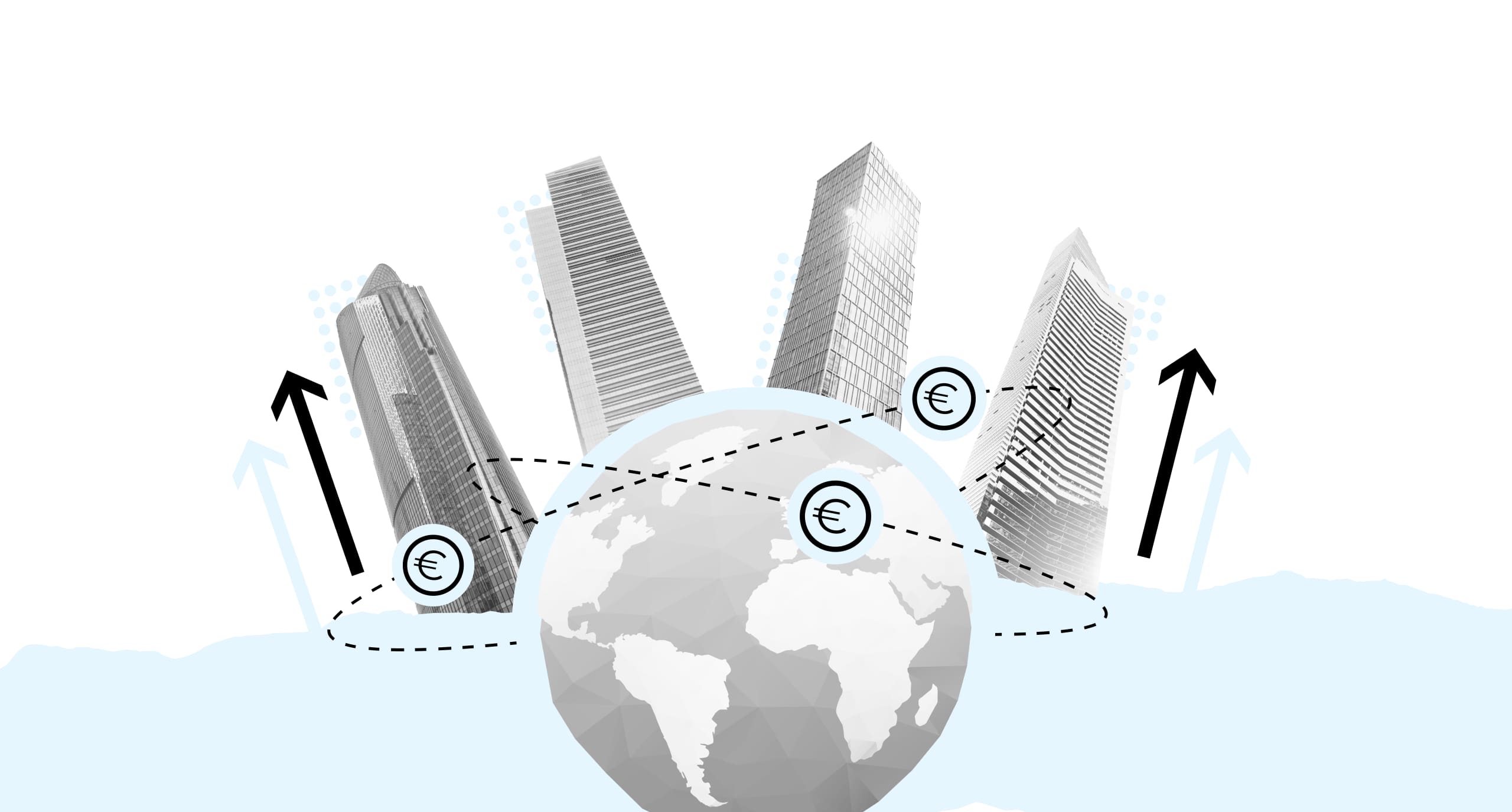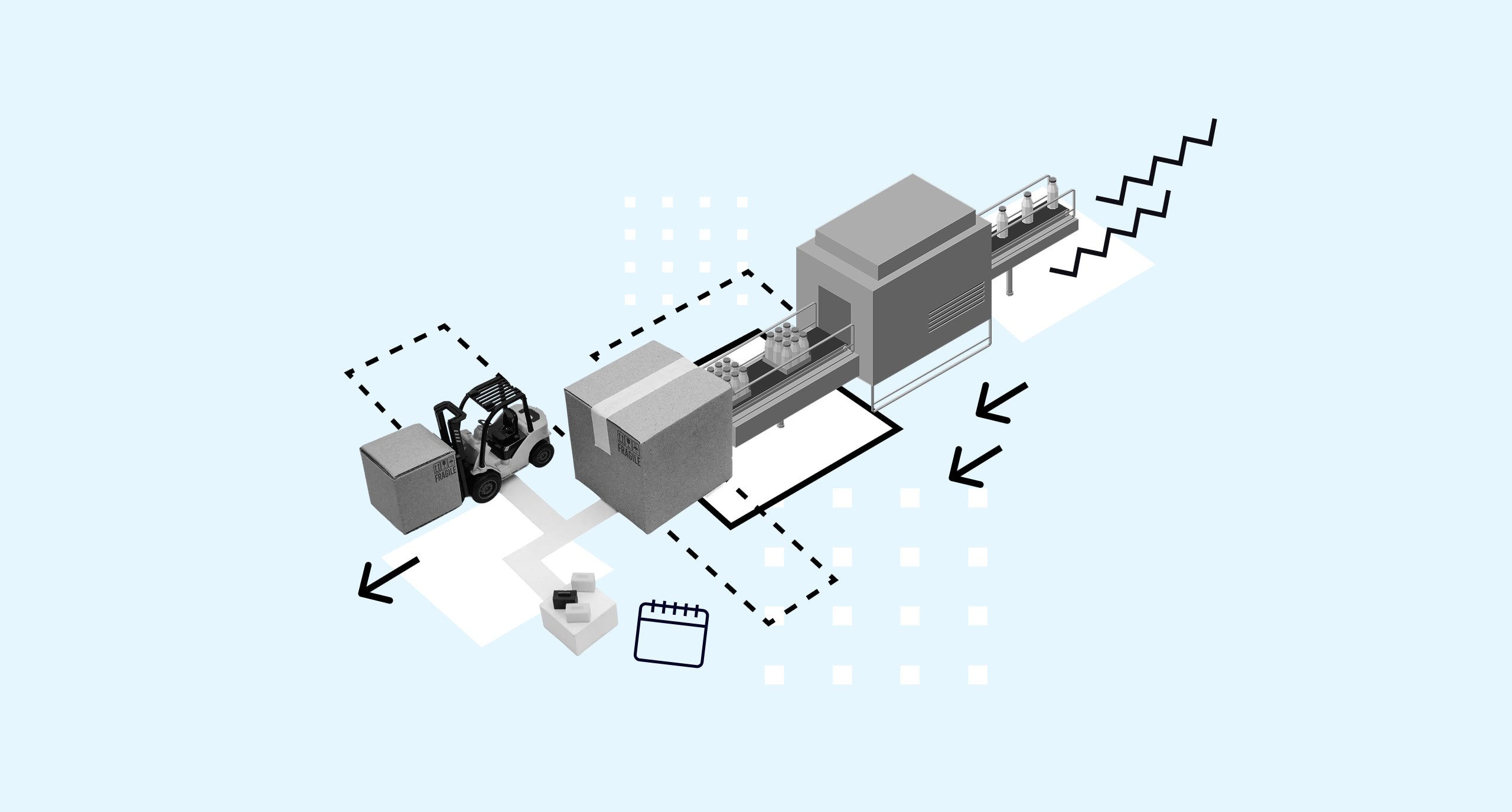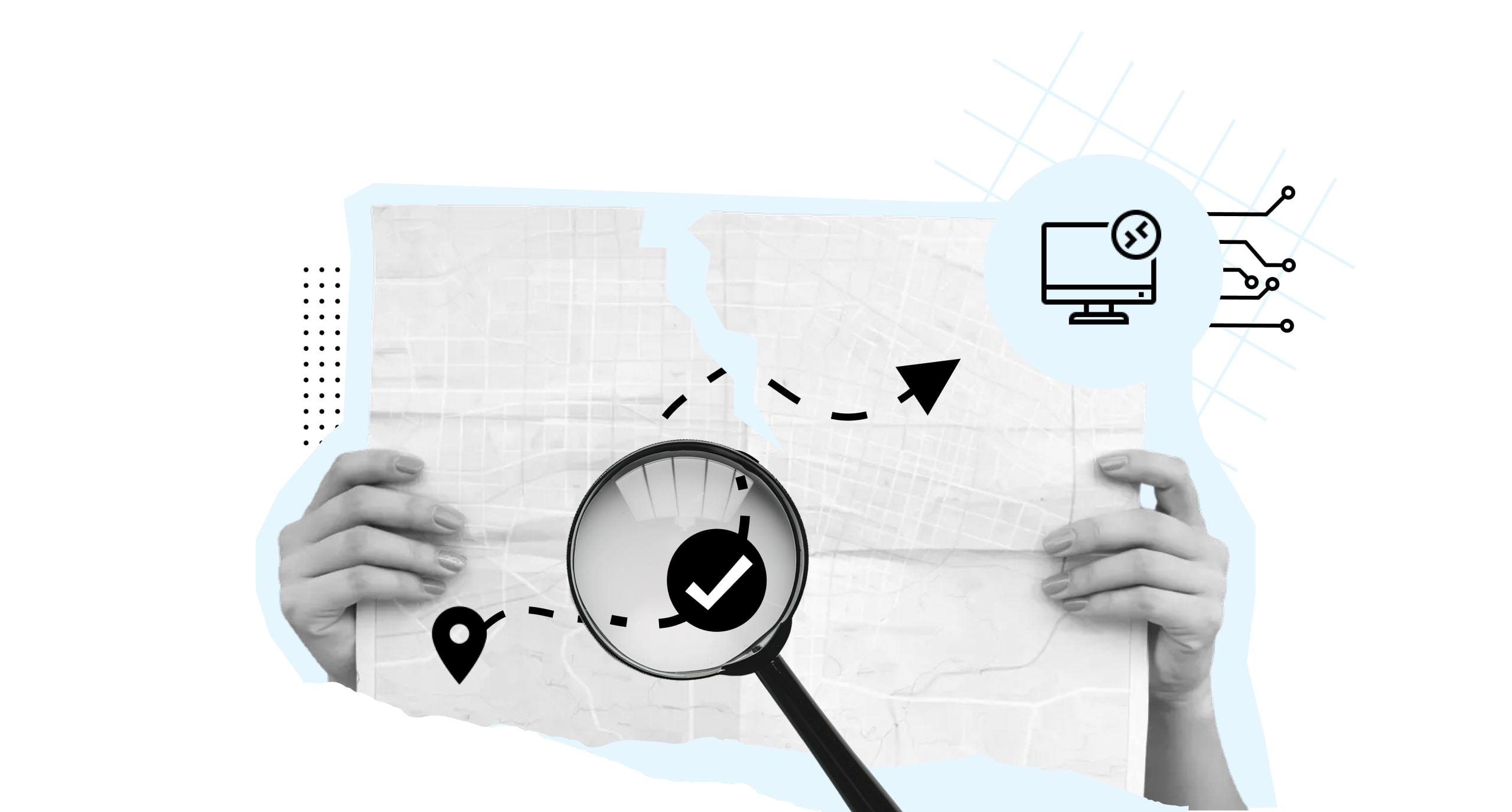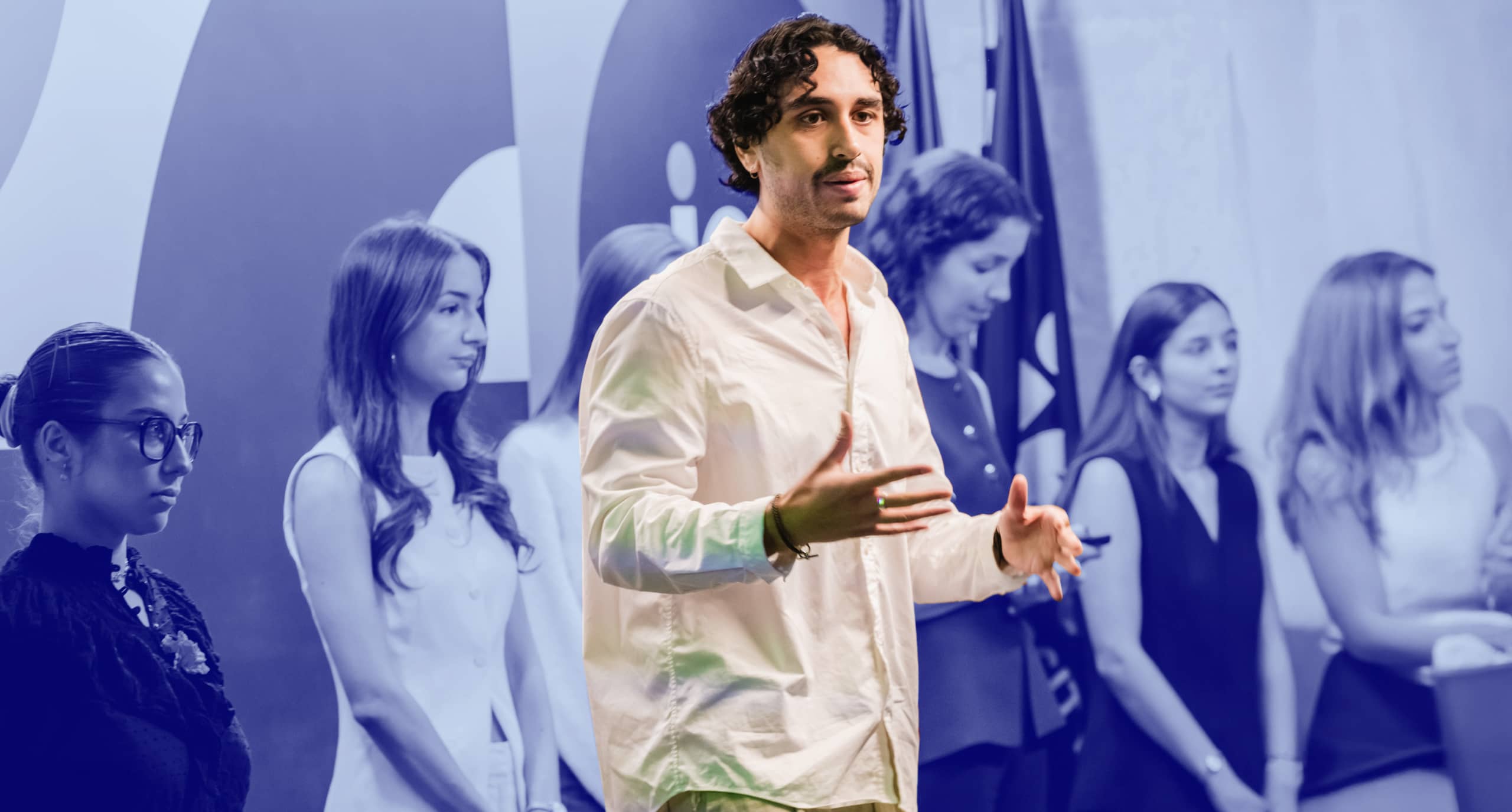You’re not mad—we’re seeing democracy in crisis around the world. Beyond the jarring, data-driven victories that have already taken place in the West, a global panorama shows fundamental human rights are being overlooked in the democratic arena. International policymakers need to act now or risk seeing a fragmented, dissatisfied population.
Let’s examine some of our biggest challenges and see how programs like the Master in Technology & Global Affairs can provide a solution.
What are the biggest challenges facing democracy in 2025?
Is democracy in crisis? 2024’s trends suggest yes. In over 40% of national elections, candidates were subjected to intimidation and attacks, and election-day violence disrupted polling processes. Post-election protests were often met with harsh crackdowns, particularly in authoritarian states where opposition figures were disqualified, imprisoned, or silenced through systemic manipulation. Meanwhile, conflicts in places like Myanmar, Ukraine, and Sudan worsened the deterioration of both national and regional security.
State-sponsored repression has also intensified, with nations like Russia, Belarus, Vietnam and Hong Kong weaponizing legal systems to jail dissidents and dissolve civil society organizations. Alarmingly, these repressive tactics went beyond borders with governments targeting overseas exiles and critics through kidnapping and legal harassment. It’s a bleak picture, but that’s not to say it’s hopeless. Democratic breakthroughs in previous problem-states like Bhutan, Senegal and Syria show progress is possible.
Looking forward, 2025 presents three core challenges for global democracy. First, the test of whether newly elected governments can deliver on promises to safeguard rights and liberties. Second, the need to address the trend of elected leaders undermining institutional checks. Third, curbing the proliferation of nonstate armed groups who create power vacuums. International coordination will be essential in maintaining global freedom and blocking authoritarianism.
Now, how can international cooperation strengthen democracy?
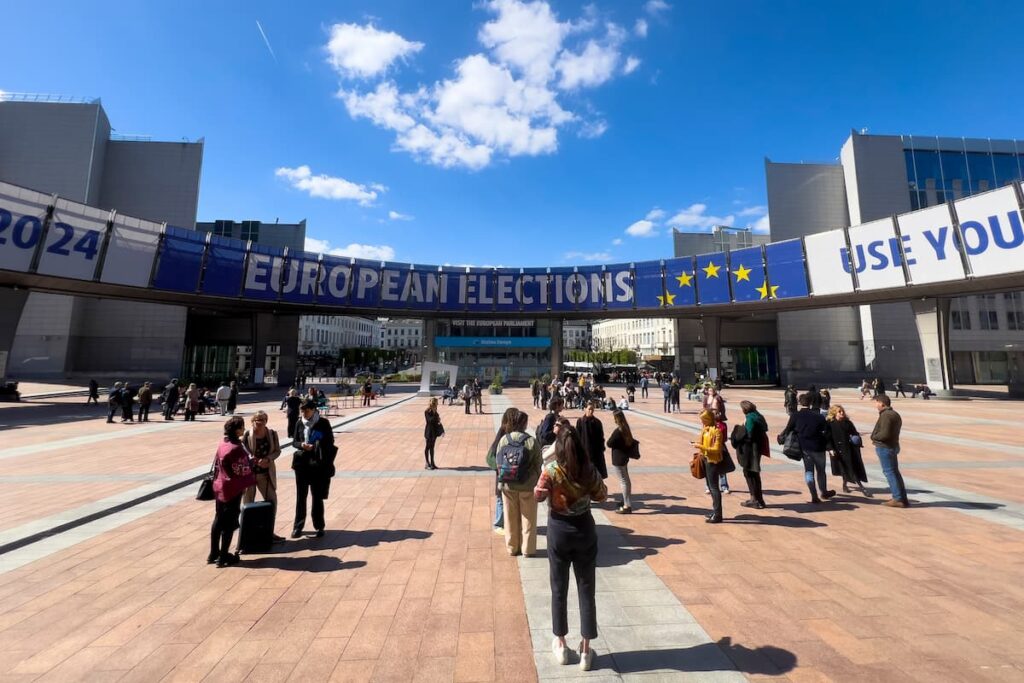
If authoritarianism is learning to coordinate, then democracy must do the same. The first approach to prevent further crisis of democracy in the West lies in protecting elections. That means sharing tools for monitoring, harmonizing legal standards and coordinating digital defenses. Global partnerships can also elevate local leadership—supporting reformist presidents, city mayors, and activists working to expand accountability from the ground up. Institutions like the UN and EU still matter, but they need to move with more agility when aligning with on-the-ground movements. We must remember that democracy lives in the streets, online and in courtrooms—spaces that international actors can help defend.
Coordinated responses to backsliding are no longer optional. Governments committed to reform need access to legal expertise, emergency funding, and diplomatic cover when under threat. Civil society groups need cross-border alliances to share strategies and resources. The private sector and youth-led organizations also play a role—building civic tech, demanding transparency, and pushing democratic norms beyond old institutions. In a world where repression moves quickly and globally, democracy has to be just as agile, connected, and relentless.
What role do young people play in shaping democracy?
It’s clear that young people can provide a solution for constitutional democracy in crisis. Topics like climate justice, education reform and social equity are top of their agenda—especially with the youthful tendency towards innovation and challenging the status quo. However, despite growing engagement, youth remain underrepresented in formal decision-making structures.
Much of it comes down to the age that societies deem as adequate for voting. Regardless, the tendency to exclude voters below 18 in Europe and beyond means a growing democratic deficit. Political parties often marginalize youth voices by failing to position young candidates in winnable spots on electoral lists. The result? A generation of policymakers that are increasingly disconnected from those driving our future.
But why is democracy so important in addressing global issues like climate change, particularly with a mobilized youth?
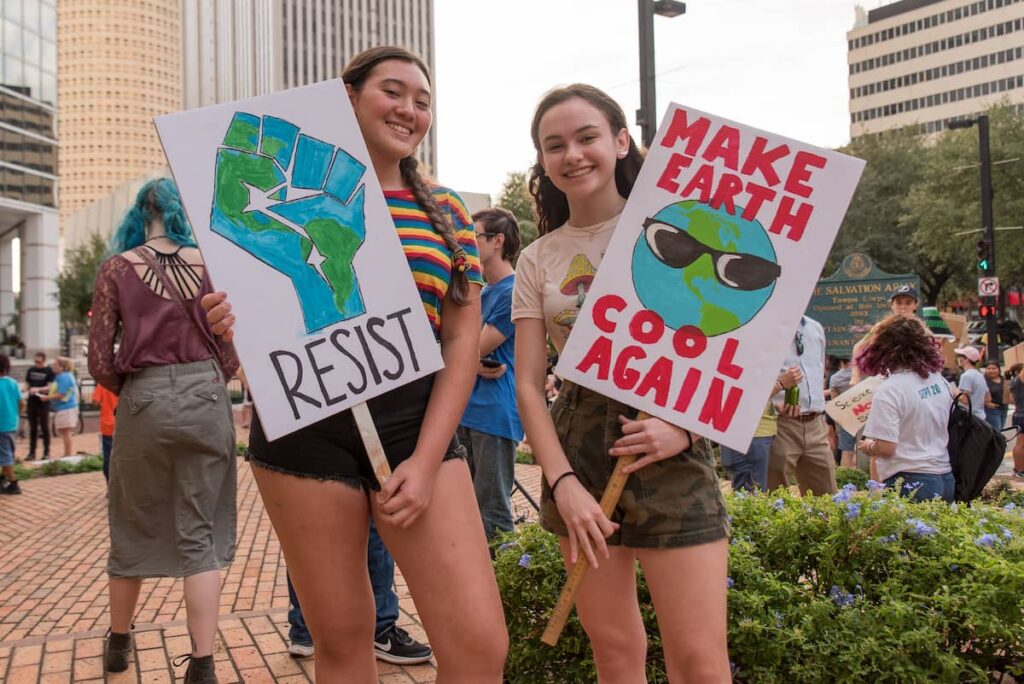
Through public accountability and the ability to organize at scale, democracy can be the differentiator in change. Young people want to challenge existing laws, with a strong demand for policies rooted in science. Democracy can bring those demands into courts and policymaking spaces where change happens.
Still, the clock is ticking. Democratic systems are often slow, and political cycles reward short-term wins over long-term survival. Vested interests stall progress, and climate policy can get lost in the noise. But when civil society is strong and institutions are open, delay becomes harder to justify. To address these disparities, governments and institutions must engage young people through mechanisms like youth advisory councils, co-management models, and youth impact assessments on new policies. Lowering the voting age and promoting youth candidacies can also strengthen democratic legitimacy. When youth are given the tools and space to participate, democracy becomes more vibrant, responsive, and future-focused. Their voices are not just symbolic—they are essential to the evolution of governance systems capable of addressing 21st-century challenges.
How is technology influencing democracy today?
Technology is rewriting the rules of democracy in real time. Digital platforms, AI systems, and algorithmic governance are transforming everything from elections to civic participation. On the one hand, the upside is real: online engagement can make politics more accessible, especially for younger or marginalized voters. On the other, disinformation, cyberattacks, and opaque decision-making systems are undermining trust in institutions. Democratic values—transparency, accountability, equity—are struggling to keep pace with technological disruption. And when tech governance is left in the hands of private companies or unchecked states, the result isn’t innovation—it’s erosion.
That’s why democracies need policymakers who actually understand how technology works. It’s not enough to call for regulation or ethical design if leaders don’t grasp the underlying systems driving change. We need professionals who can navigate the intersections of AI, cybersecurity, global power shifts, and digital rights—people who can draft smart policy, challenge bad actors, and build democratic systems that are both resilient and future-ready. The challenges are technical and political, and solving them requires new kinds of leadership.
If part of the problem lies in accepting that democracy is in crisis, its solution lies in a new generation of innovative thinkers.

Our Master in Technology & Global Affairs aims to shape that generation. We’ve created the curriculum with input from organizations like GESDA, Google and the UN’s ITU to ensure total industry relevance. And we ensure you’ll work directly with top experts to access emerging tech, policy labs and global strategy forums. Whether you’re interested in national policy or international governance, you’ll graduate ready to lead democracy in a transforming, digital world. If you’re interested in making change, follow the link below to find out more information.
Find solutions for democracy in crisis with the Master in Technology & Global Affairs
Become a modern leader with IE School of Politics, Economics & Global Affairs.

Benjamin is the editor of Uncover IE. His writing is featured in the LAMDA Verse and Prose Anthology Vol. 19, The Primer and Moonflake Press. Benjamin provided translation for “FalseStuff: La Muerte de las Musas”, winner of Best Theatre Show at the Max Awards 2024.
Benjamin was shortlisted for the Bristol Old Vic Open Sessions 2016 and the Alpine Fellowship Writing Prize 2023.


